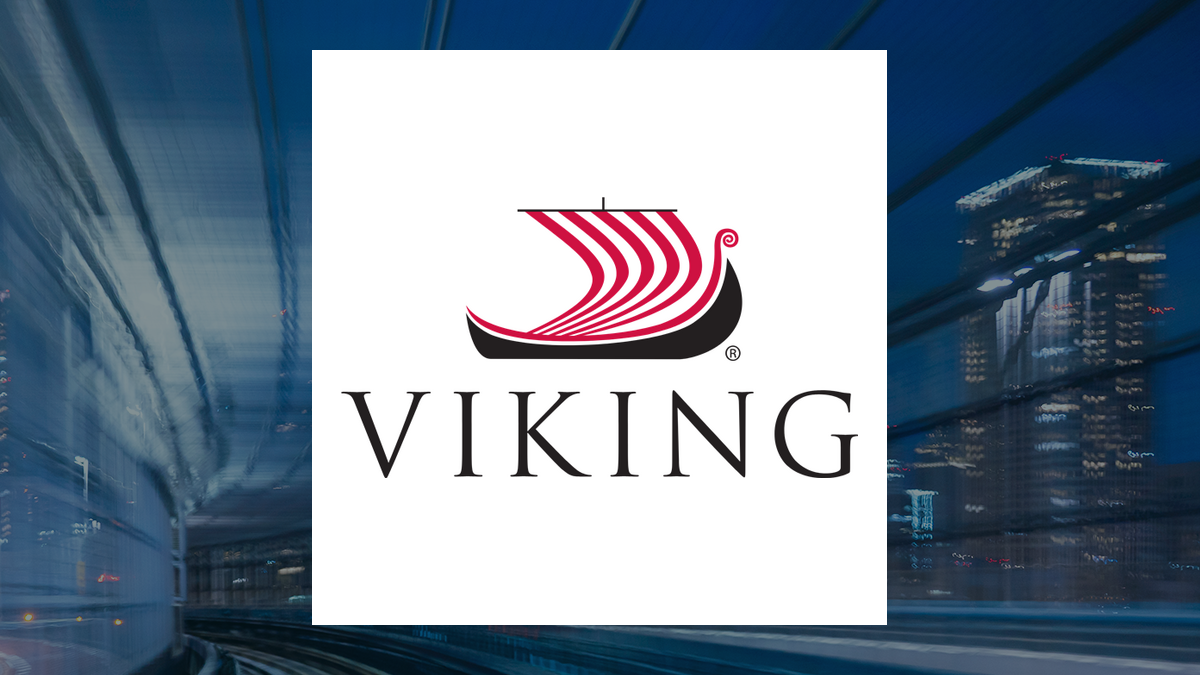
VIK
Viking Holdings Ltd
$66.49
-1.38
(-2.03%)
| Exchange: | |
| Market Cap: | 29.494B |
| Shares Outstanding: | 431.455M |
Revenue Segmentation
EPS
Earnings Call
Income Statement
(* All numbers are in thousands)
Balance Sheet
(* All numbers are in thousands)
Cash Flow Statement
(* All numbers are in thousands)
Analyst Estimates
(* All numbers are in thousands)







